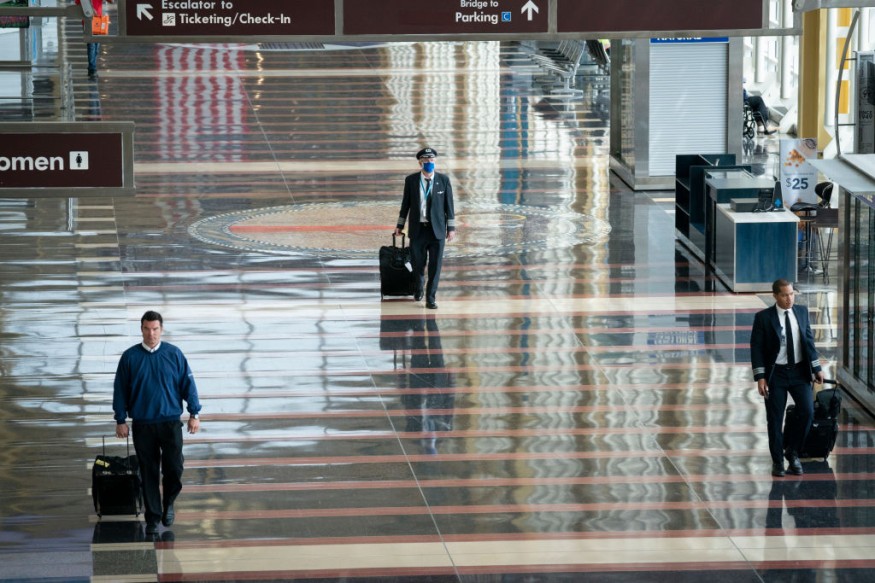Senate Republicans Support $10B US Airports Additional Aid

Many industries have faced foreclosures and shortfall in revenues due to the coronavirus pandemic.
The travel and tourism industry is one of the many that are mostly affected with around 58 percent to 78 percent forecasted declines in international tourist arrivals for this year.
These expected scenarios would result from 100 to 120 million direct tourism jobs at risk, according to the World Tourism Organization data.
This is recognized as the worst result of a historical series of international tourism since 1950.
The organization's data also shows that there is a 22 percent decrease in international tourist arrivals in the first quarter of 2020, representing a loss of 67 million international arrivals.
With this reported loss, U.S. Senate Republicans on Monday agreed on the additional $10 billion assistance for U.S. airports that are experiencing a decline in revenue due to the travel fall'off brought by the pandemic.
The Republican proposal also suggests a $75 million fund to maintain essential air service to rural communities and $50 million for the Federal Aviation Administration's administrative cost related to air traffic control, tower cleaning, and janitorial services and supplies.
U.S. airports asked earlier this month for a new $13 billion bail out after Congress in March approved $10 billion in government assistance for airports.
The Republican proposal said that the country's airports are seeing a record drop in passengers.
In June, six unions representing aviation workers sought another $32 billion in payroll aid to keep many workers employed through March 31.
This after Congress in March approved $32 billion for the aviation industry to keep workers on the payroll through Sept. 30.
U.S. airports collectively had $100 billion in debt at the end of 2018.
Some warned they might not be able to make payments without the initial $10 billion assistance.
Travel During the Pandemic
If you are to travel during the coronavirus pandemic, you might be wondering how you can reduce your chances of contracting the virus.
Centers for Disease Control and Prevention said that you can reduce risk by frequently practicing proper hygiene such as washing your hands with soap and water or hand sanitizer with at least 60 percent alcohol content.
It is also recommended that you wear a face mask when traveling.
CDC also recommends that you avoid all nonessential international travel during the pandemic.
"Some healthcare systems are overwhelmed and there may be limited access to adequate medical care in affected areas," according to the CDC site.
Many countries are also enforcing travel restrictions and mandatory quarantines, which can disrupt your travel plans.
This may also require you to remain outside the United States for a long period of time.
If it happens that you traveled internationally, you would be required to stay for 14 days after arriving into the U.S.
While at home, you are expected to observe your health and practice social distancing to protect others.
Domestic travel are also not advised such as going to campgrounds. Being exposed to COVID-19 might be unsafe as they might be no accessible medical care in some areas.
"Also be aware that many local, state, and national public parks have been temporarily closed due to COVID-19," the CDC said.
Check these out:
Mexico to Host Travel and Tourism Summit Amid Coronavirus Outbreak
Travel During COVID-19 Pandemic: Can You Safely Travel Now?
Travel Advisory: Department of Homeland Security Extends Travel Ban to and from Mexico and Canada
Subscribe to Latin Post!
Sign up for our free newsletter for the Latest coverage!
© 2026 Latin Post. All rights reserved. Do not reproduce without permission.












